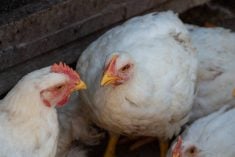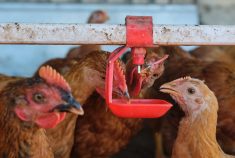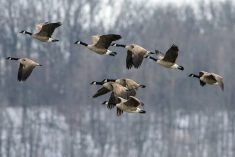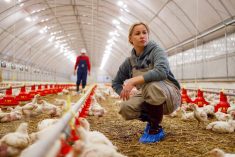Cats and dogs are susceptible to getting sick from and dying from bird flu, the Canadian Food Inspection Agency is warning.
Ever since the discovery of H5N1 Highly Pathogenic Avian Influenza (HPAI) in Texas and Kansas milk in late March, there have been reports of cats getting sick and dying from the flu on infected operations. A similar incident in a southern Ontario dog hearkens back to April 2023.
Although the bird flu has not been reported in dairy herds in Canada, the Canadian Food Inspection Agency (CFIA) has some ideas on what to watch for and what to do if you think your dogs or cats have contracted the disease.
Read Also
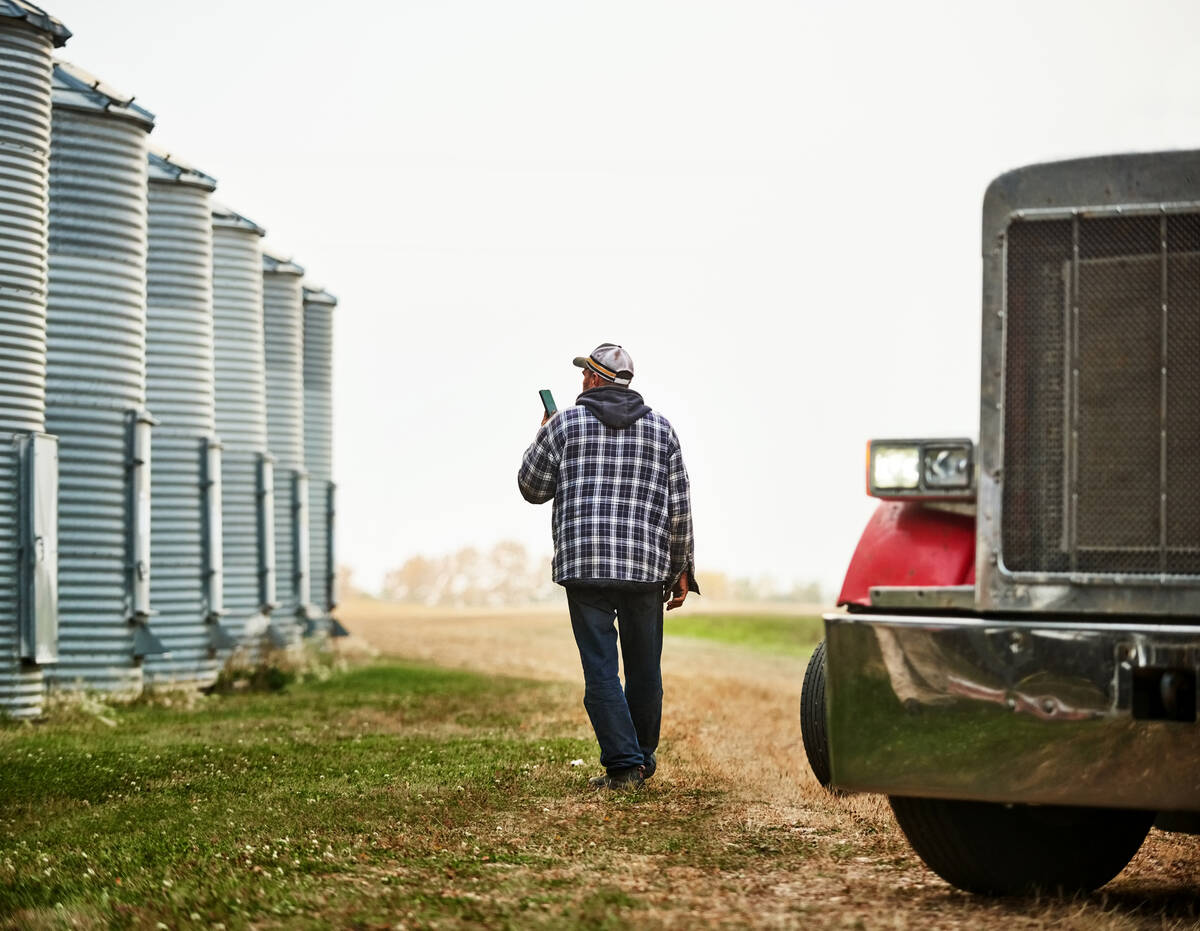
Farm family income gains driven by off-farm earnings: StatCan
Average income for families operating a single farm in Canada grew by 0.9 per cent to $216,021 in 2023 compared to 2021. However, this was driven by higher off-farm income.
Signs of HPAI in mammalian pets include fever, lethargy, conjunctivitis, lack of appetite, difficulty breathing, neurological signs (for example, tremors, seizures) and death.
According to the CFIA, animals that hunt, scavenge or otherwise consume infected birds are at risk. For example, cats that go outdoors may hunt and consume an infected bird. Dogs may scavenge dead birds. “If your pet has found a sick or dead bird or other wildlife, report it to your regional avian influenza hotline or the Canadian Wildlife Health Cooperative,” advises the CFIA.
“While most H5N1 HPAI cases in mammals involve direct contact with infected birds, exposure to heavily contaminated environments such as ponds or other bird congregation areas could also lead to infection.”
Here are some tips from the CFIA to help protect mammalian pets:
- Contact your veterinarian if you have questions or concerns about your pet’s health
- Don’t allow your dog or cat to eat or play with dead wild birds
- Don’t feed your dog or cat any raw meat from poultry, wild or game birds, especially during peak migration seasons
- Keep cats indoors and dogs on a leash to avoid giving them access to potentially infected wild birds or their carcasses




